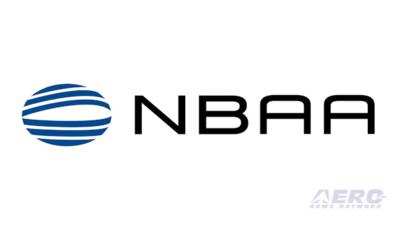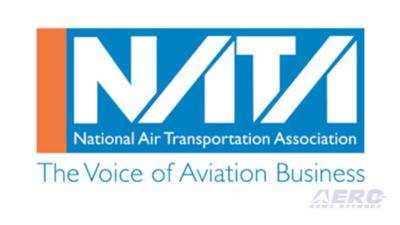Risk Mitigation Hinges On Prevention Of Initial Contamination, Report Says
An industry-led working group has released recommendations for aircraft operators, fixed-base operators (FBOs), fuel suppliers and other stakeholders to mitigate the possibility of diesel exhaust fluid (DEF) contamination in jet fuel.

DEF is a colorless liquid, injected directly into the catalytic convertor in diesel engine light- and heavy-duty vehicles in order to meet stringent Environmental Protection Agency (EPA) emission control standards. When mistakenly added to aircraft jet fuel, DEF crystalizes and clogs fuel systems leading to engine failure.
In three separate and distinct instances over the past three years, DEF has been mistaken for fuel system icing inhibitor (FSII), a clear liquid that is added to aircraft jet fuel.
“Currently, there is no available field test that can detect the injection of DEF into aviation fuel. FBO staff and aircraft operators cannot visually, or chemically (using current field methods) detect that a contamination event has occurred,” the Aircraft Diesel Exhaust Fluid Contamination Working Group said in its June 11 report. “This situation places the full burden of risk mitigation upon initial contamination prevention.”
“NBAA calls on all business aviation stakeholders to familiarize themselves with risk of diesel exhaust fluid contamination of aircraft fuel, and to partner in our industry’s efforts to prevent another DEF contamination event by immediately adopting the report’s short-term mitigation recommendations and incorporating future mitigations and technologies as they are identified,” said NBAA president and CEO Ed Bolen.
“Safety is central to our mission at NATA. We are committed to working with our members and other industry stakeholders to eliminate the hazard of diesel exhaust fluid contamination of aircraft fuel. NATA encourages all of our members, including aircraft operators, FBOs, and fuel suppliers, to read this report and implement the recommendations as soon as practicable,” said NATA Chief Operating Officer and General Counsel Timothy Obitts.
The recommendations focus on “preventative, detection and response” measures for aircraft operators, FBOs, fuel suppliers and aviation industry groups and government agencies.
Additionally, the FAA has made efforts to alert various stakeholders, issuing a Safety Alert for Operators (SAFO), two Special Airworthiness Information Bulletins (SAIBs) in 2018 and 2019, and the Office of Airport Safety and Standards sent a letter to airports providing further background and recommendations.

The report strongly urged “all stakeholders to review this report and use it to review their particular segment of the overall system and make immediate and appropriate changes, once identified, and continually monitor, check and re-check to ensure the proper processes and procedures are, and remain, in place.”
The working group charged industry associations with continued communications and educational efforts with their members, and called on the industry to “request an emergency exemption from the rules requiring DEF in on-airport equipment from the EPA.”
“The working group members and broader community must and will remain vigilant in monitoring the entire system, reinforcing where needed, and act quickly, if another event unfortunately occurs,” the report noted in its summary.
In addition to NBAA and NATA, the working group is comprised of representatives from the Aircraft Owners and Pilots Association, AvFuel, CommScope, Dassault Falcon Jet, Fair Wind Air Charter, the FAA, FBO Partners, Epic Fuels, the General Aviation Manufacturers Association, GAMMON Technical Products, Gulfstream, Murray Equipment Inc., Midwest Aviation, the National Air Transportation Association, Phillips 66, Sheltair, Signature Flight Support, TAC Air, Total Control Systems, Truckee Tahoe Airport, Union Pacific and World Fuel Services.
(Source: NBAA, NATA news releases)
 NTSB Prelim: Piper PA-23
NTSB Prelim: Piper PA-23 Classic Aero-TV: One Mans Vietnam
Classic Aero-TV: One Mans Vietnam NTSB Final Report: Capella Aircraft Corp FW1C50
NTSB Final Report: Capella Aircraft Corp FW1C50 Classic Aero-TV: Timber Tiger Touts Curtiss Jenny Replicas
Classic Aero-TV: Timber Tiger Touts Curtiss Jenny Replicas ANN's Daily Aero-Term (07.04.25): Performance-Based Navigation (PBN) [ICAO]
ANN's Daily Aero-Term (07.04.25): Performance-Based Navigation (PBN) [ICAO]




